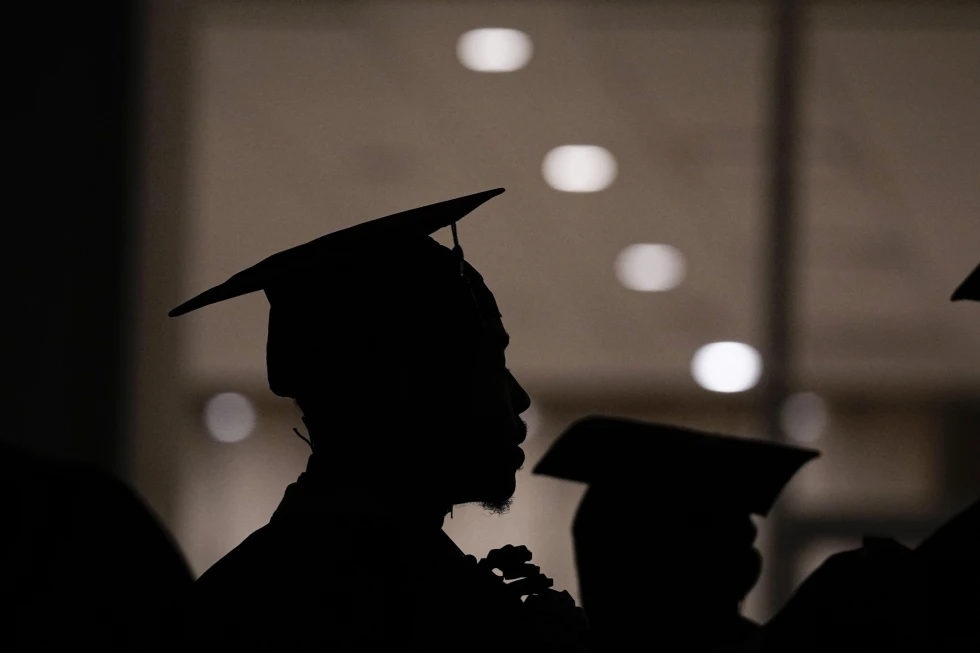In a “Where Are They Now?” interview with Oprah, former child star Raven-Symoné said, “I’m tired of being labeled. I’m an American. I’m not an African-American. I’m an American.”
She clarified by saying she didn’t know how far back into Africa her roots go, but she knows that she has roots in Louisiana. She said that even though there’s a lot running through her veins, she is American and a colorless person.
Although I personally feel a connection to my African roots, I see a number of black Americans, especially the younger generation, who feel the same way as Symoné. They don’t see themselves as African because, let’s face it — African-Americans and Africans have totally different cultures, and many African-Americans don’t even know what country their ancestors come from.
Dropping African from African-American because you don’t feel connected to the motherland is a slap in the face to our ancestors. They never asked to be shipped to a new world in overstuffed, disease-ridden ships or to work for self-righteous slave masters while being forced to assimilate to their culture. Not to mention the many other atrocities along the way.
Even if you weren’t born in Africa, your ancestors are from there and you know that regardless of how light your skin may be or how “good” your hair texture is. And that goes for blacks in all countries, not just America.
This sort of disassociation from Africa or racial disidentification is tied to the negative connotation of the word black, Africa or African-American and the whitewashing of just about everything.
To control a group of people, you must take away their history and make them forget who they are and where they come from. We see this in our country with the whitewashing of history in school textbooks and curriculum. In school, we learn about all things European, but we never learn about African history or about African-American people other than Martin Luther King Jr. and Rosa Parks.
Every time we turn on the news, we hear of crimes committed by black people, we watch TV shows that show our ignorance and we see examples of European beauty standards at every corner.
With the negative portrayal of black people in the media, it’s easy to not want to be black at all. We seldom see the other side where regular black people who aren’t celebrities are doing well for themselves and their community or to a culture where black features and culture are widely accepted.
Whether you call yourself human, black, American, African-American, honey caramel, red bone, Negro, colored, whatever — you can’t escape the fact your ancestors were from Africa or the fact all life in general originated from Africa.
You don’t have to step foot in a country — or continent, for that matter — to feel pride.
When celebrities like Symoné make comments like these, it’s a letdown, especially when so many young people look up to them. It gives young African-Americans more leeway to denounce their heritage instead of researching its richness and embracing what has been stripped of our people.
When we think of black people collectively, whether they are from America, the Caribbean, Africa or Europe, we should think of a strong, beautiful, smart and persevering people.
To be proud to be black should include being proud of your African roots, whether you’ve been to the continent or not, or know what country your ancestors are from.
Until we start loving who we are as a people and acknowledge where we come from, we’ll continue to have generations of self-hate.
Taylor Simien is a 20-year-old mass communication junior from Lafayette. You can reach her on Twitter @TSimien_TDR.
Opinion: ‘African-American’ label provides connection to heritage
October 15, 2014
More to Discover












